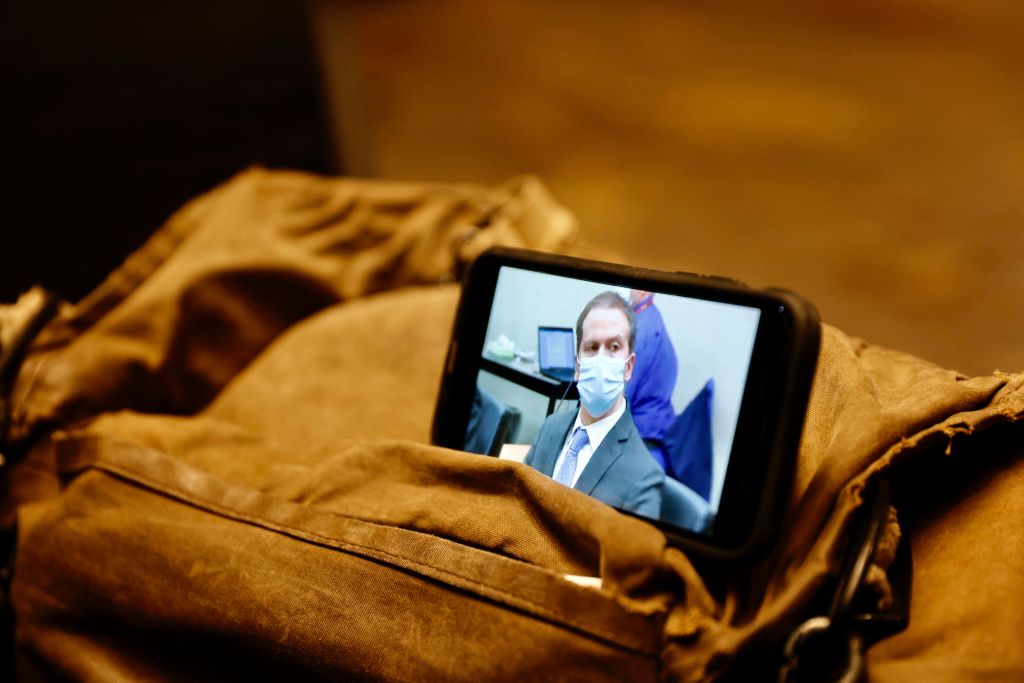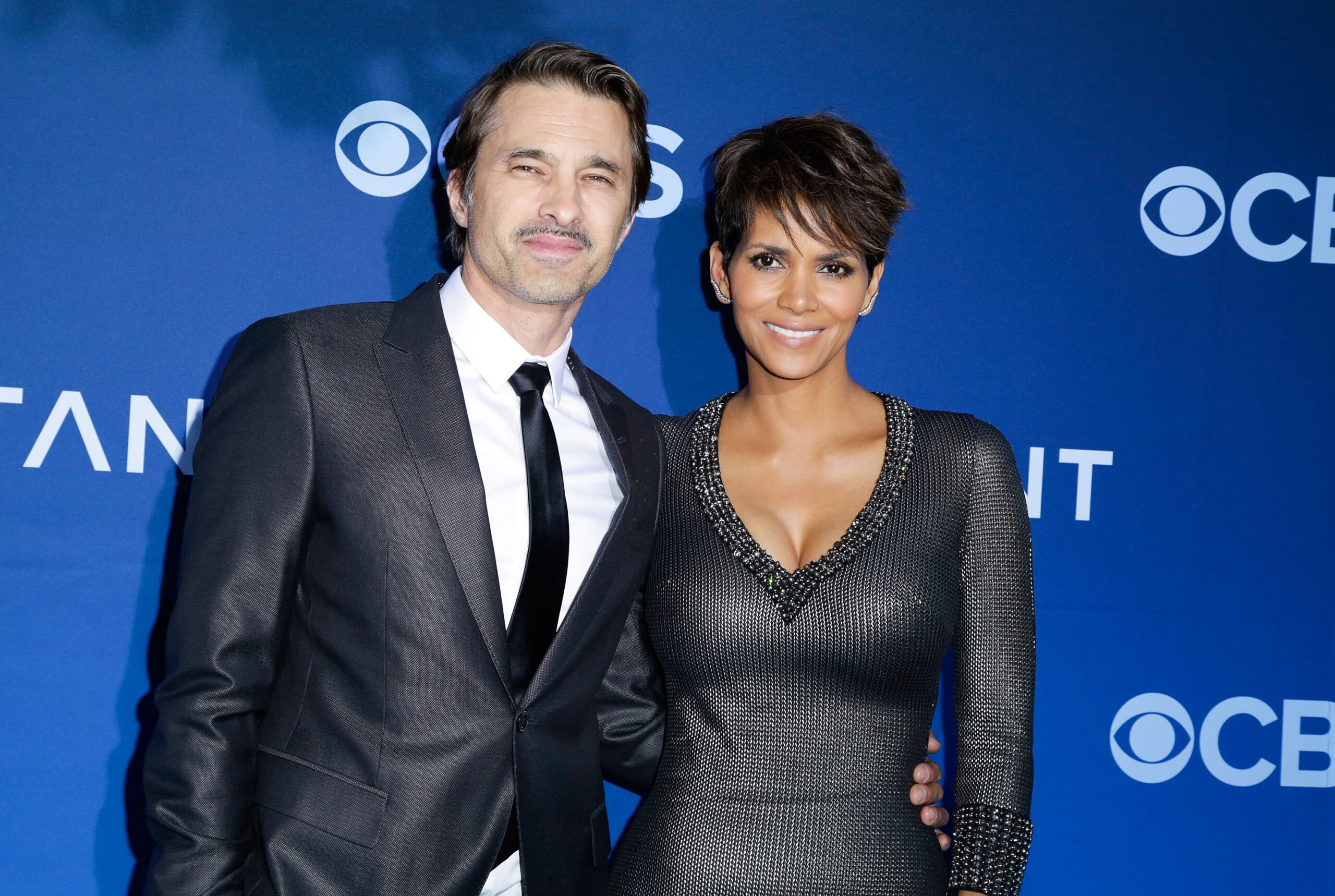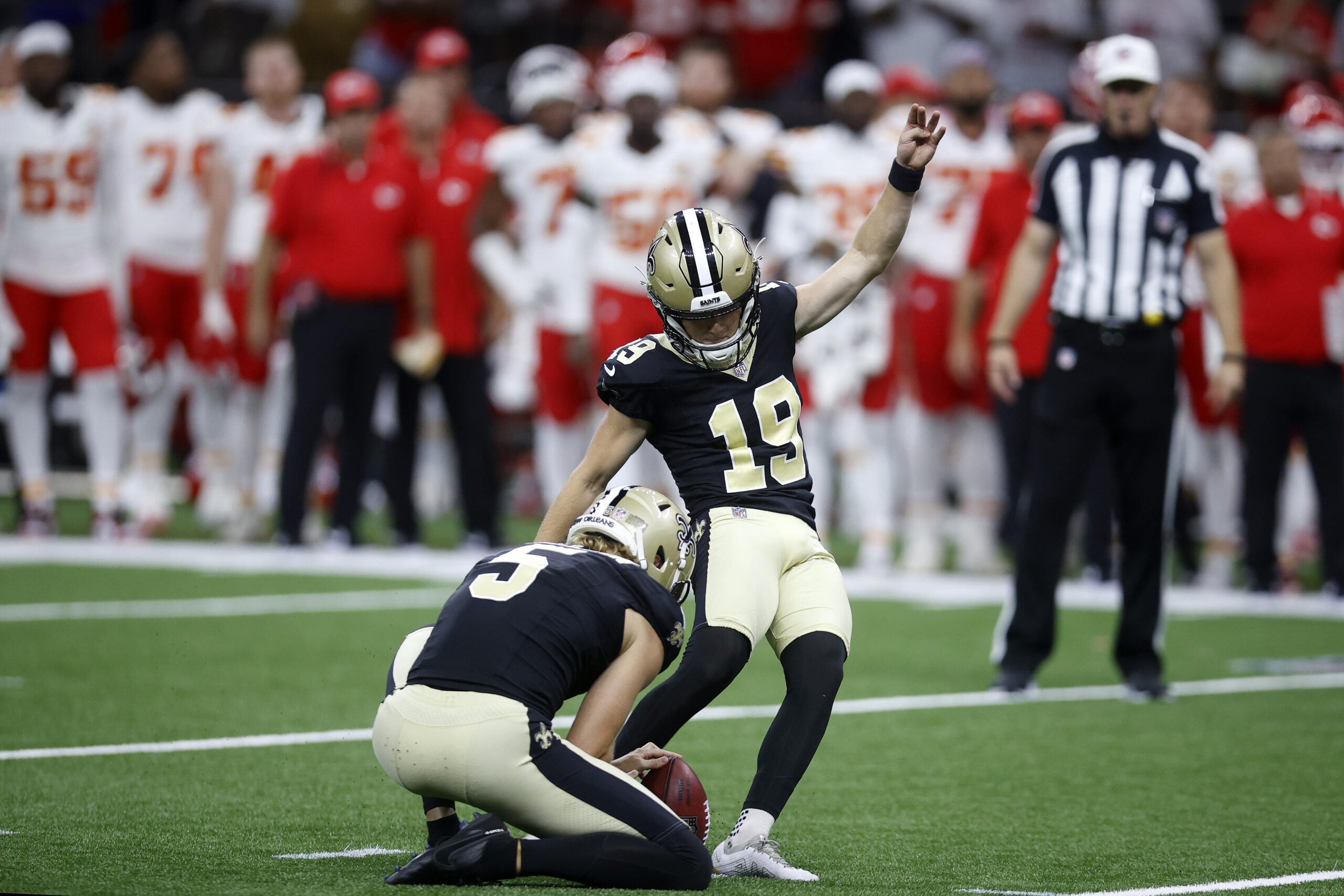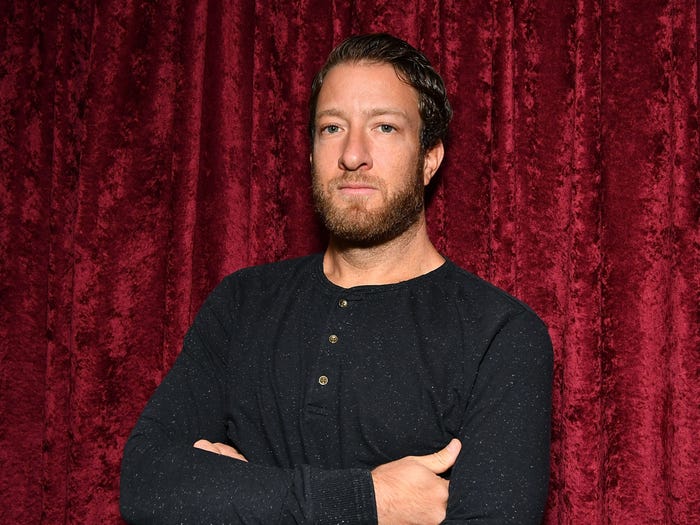Former Minneapolis police Officer Derek Chauvin pleaded guilty to the federal charge of “violating George Floyd’s civil rights.”
It was the first time that Chauvin publicly admitted that he kept his knee on Floyd’s neck — even after he became unresponsive — which resulted in his death. It was part of a plea to avoid going on trial for the crime, and possibly facing life in prision.
Along with the plea, both the prosecution and the defense agreed that Chauvin should face a sentence “ranging from 20 to 25 years”, though the prosecutors said they would seek 25. The final sentencing will be up to U.S. District Judge Paul Magnuson.
Chauvin also admitted that he willfully deprived Floyd of his “right to be free from unreasonable seizure”, an admission that includes the condemnation that he used unreasonable force by a police officer, by kneeling on Floyd’s neck even though he was handcuffed and not resisting.
Also… as part of the deal… a second federal count in Floyd’s death was dismissed.
Like many people reading this, I am giving some side-eye to the plea as it sounds like a situation where the deal is all about time reduction than contrition.
I am not alone… as a professor at the University of St. Thomas School of Law, Mark Osler, previously theorized, Chauvin had great incentive to plead out.
With a combination of good behavior and parole, Chauvin’s sentence is likely to amount to 15 years behind bars versus the potential for life.
Three other former police officers — Thomas Lane, J. Kueng and Tou Thao — were also indicted on federal charges.
George Floyd’s nephew, Brandon Williams, who was in attendance called Chauvin a “monster” who should have been arrested in 2017.
“Had he been held accountable for what he did in 2017 to that minor, George Floyd would still be here,” Williams told the AP. “Today he had a chance to blow kisses and give air hugs to his family. We can’t do that.”





